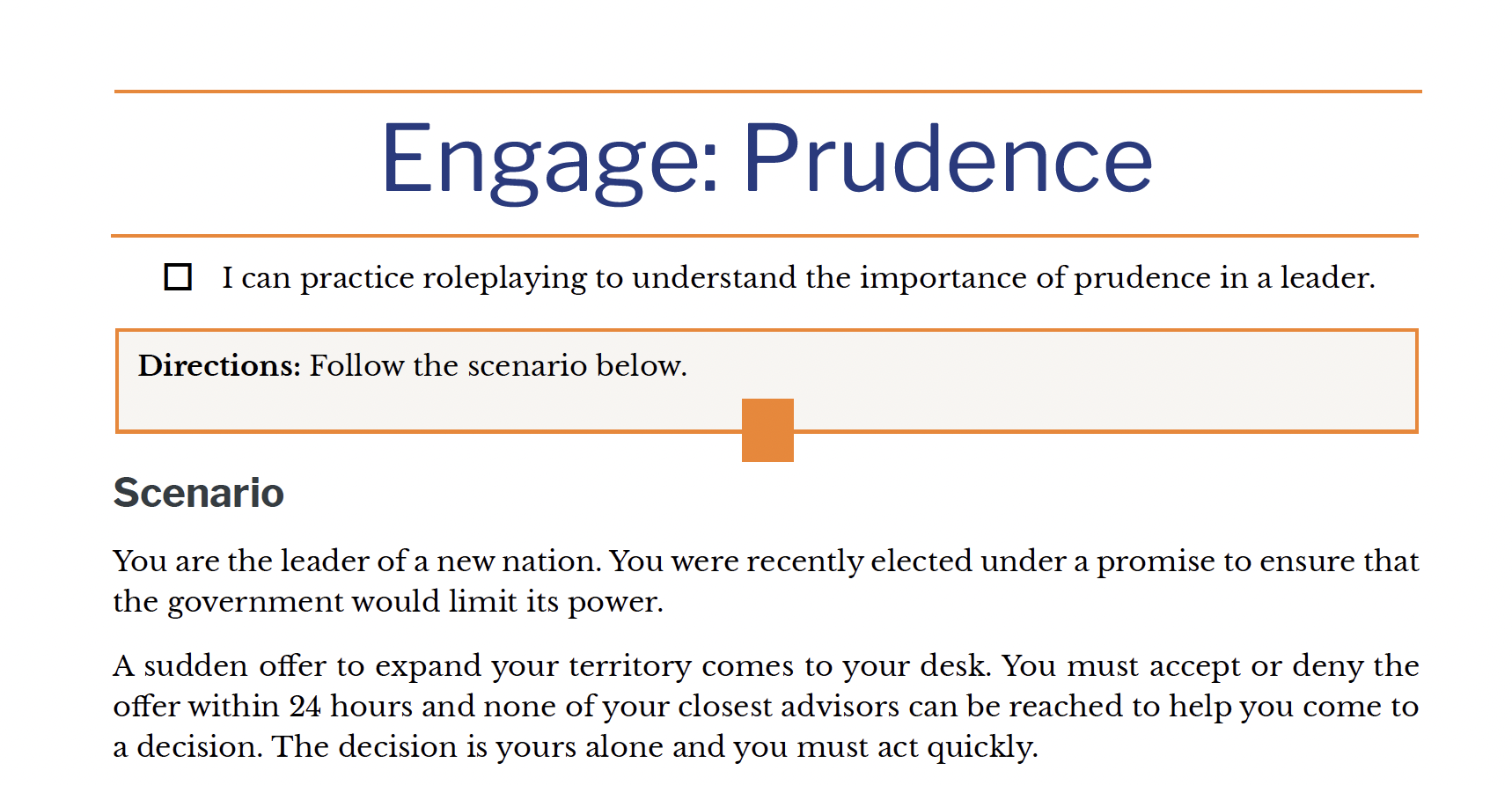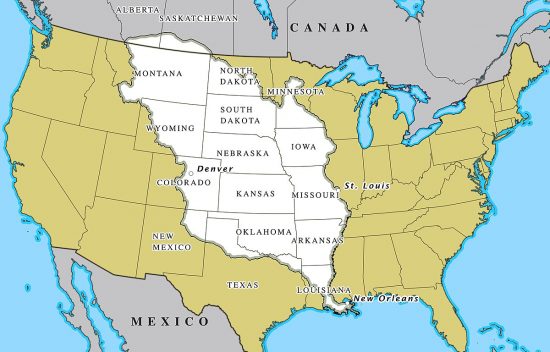President Thomas Jefferson, elected at the end of the Quasi-War with France, faced domestic unease when Spain returned Louisiana to France at Napoleon’s insistence. Aware of the strategic importance of New Orleans and wary of Napoleon’s desire to build an empire in North America, Jefferson sent negotiators to France to purchase land east of the Mississippi. As time went on, though, France had other priorities and in the spring of 1803 offered the United States the whole Louisiana territory—more than 800,000 acres—for $15 million. Jefferson had always feared the costs of loose construction of the powers delegated to the national government in the Constitution, and the Constitution did not provide for the incorporation of news lands into the US. Jefferson urged bringing the issue to the people to approve with a constitutional amendment, but a special session of Congress disregarded his draft amendment. The Senate ratified the Louisiana Purchase Treaty in October of 1803. While Jefferson did his best to follow what he believed was proper constitutional procedure, not enough of his contemporaries agreed with him and he eventually assented.


